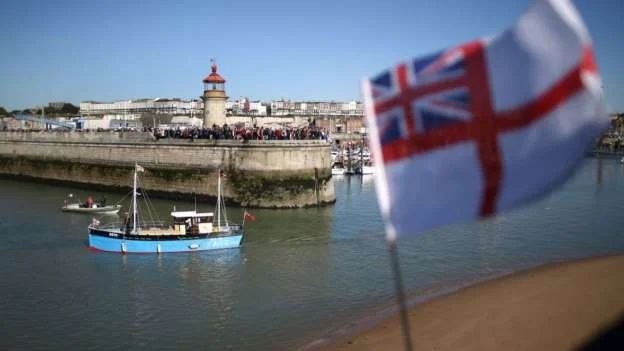Recently it hit the headlines when a company won a £13.8 million contract to run Ramsgate to Ostend ferries after Brexit. The company has no ships and has never had them but is planning to have ships by the end of March (too late for first post Brexit rush). Amongst other news about Brexit, this is a minor matter. Grayling (now Transport Secretary) said they had been carefully vetted before the offer was made.
Ministers' probation reforms have lead to 50% rise in serious offences (for example murder and rape) committed by offenders on probation. Probation work was outsourced to eight private providers by Grayling when he was Justice Minister. They run 21 community rehabilitation schemes with low to medium risk offenders. Supervision has fallen and staff been cut. A decision has been made by coroners to reopen inquests on three people killed by offenders under supervision which is likely to trigger some debate about the quality of such supervision. The Welsh justice minister accused the Government of "wilfully wrecking the humanitarian principle of rehabilitation" and called for probation services to be brought back under government control.
What do these situations have in common? Both were Grayling's decisions but he and his decisions are not unique. We have had governments for a few years who like to put everything out to commissioning, usually by tender and to then go for the cheapest bid. Various tenders i have observed or been part of talk about quality but it is clear from decisions made they hinge on price and getting the cheapest bid. One example is a training company with associate trainers whom they have never met or seen train. The highest price for training is not the cost of paying the training company but the cost of releasing all the staff to attend training which may or may not achieve its objectives. Price isn't everything and poor training or no ships need to be part of the considerations of those commissioning.

